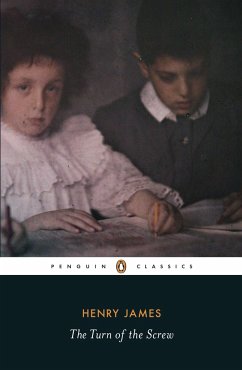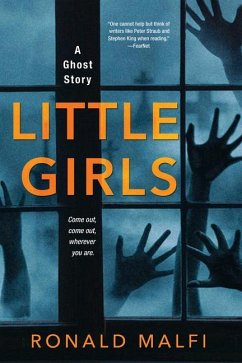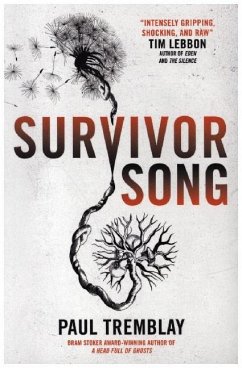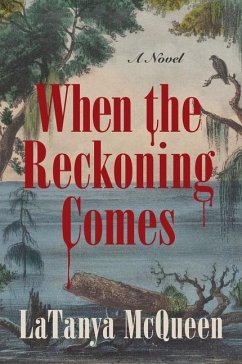
The Frog in the Throat

PAYBACK Punkte
6 °P sammeln!
"A bracing and darkly comic novel about a disgraced priest who finds himself haunted by his dead and disapproving father, this little-known classic of Swiss literature is impossible to forget. In a small town in Switzerland, a man named Franz-ex-clergyman, ex-husband, current counselor of locals at loose ends-is being haunted, or harried is more like it, by his father, Klement, recently deceased. In life, after Franz was caught cheating on his wife and forthwith defrocked, Klement called him a disgrace and never spoke to him again; in death, Klement comes to visit him once a month in the form ...
"A bracing and darkly comic novel about a disgraced priest who finds himself haunted by his dead and disapproving father, this little-known classic of Swiss literature is impossible to forget. In a small town in Switzerland, a man named Franz-ex-clergyman, ex-husband, current counselor of locals at loose ends-is being haunted, or harried is more like it, by his father, Klement, recently deceased. In life, after Franz was caught cheating on his wife and forthwith defrocked, Klement called him a disgrace and never spoke to him again; in death, Klement comes to visit him once a month in the form of a frog in the throat. Part of Franz is urbane and self-aware (unfazed to find himself unfaithful in every sense), but another is inhabited by the voice of this father, a socialist dairy farmer devoted to the old ways, forever railing against his son and the whole modern mess he represents. The same goes for this novel, in which these two voices clash, harmonize, and ultimately offer up all the mutual recognition and incomprehension that is family life. A stylish masterpiece of tragicomic compression, Markus Werner's second novel is as bursting with life as a Dickens novel: Not only Franz's high-strung shenanigans and the father's settled life among the cattle, but the lives of his sister and brother and the land all around. As in all of Werner's work, the world looks grim ("I sit around, I drink, I brood, I pat myself down for flaws and find many, and each evening I say: Starting tomorrow I'm going to get a grip on myself") but never less than comic-a view captured marvelously in Michael Hofmann's fresh translation"--













